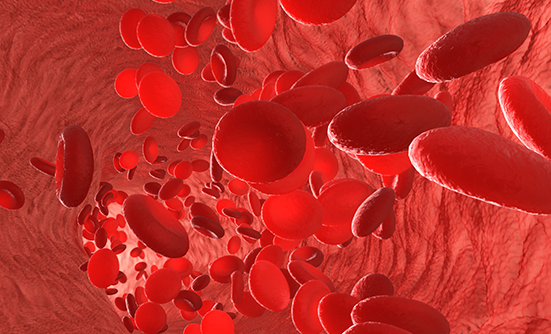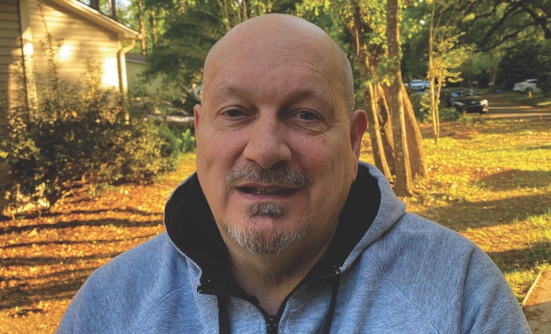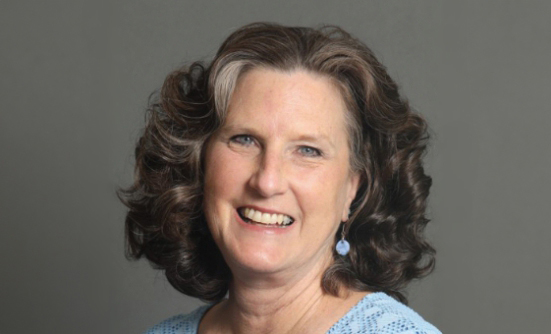I can still recall the day I was diagnosed with melanoma, and the fear and anxiety that came with it. I vowed to put on a face of bravado as I tackled tests, scans, and surgeries. But it was in the quiet hours that the fear and uncertainty crept in, hovering above me like a dark cloud.
As I progressed from a patient with cancer to a cancer survivor, the cloud of fear and uncertainty seemed to grow. Every lump, bump, cough, headache, and mole led to anxiety. Every follow-up appointment was preceded by a sleepless night. The anxiety made me feel as if I had lost control.
Negative Impact of Anxiety
Although anxiety is a normal response to fear and uncertainty, it is an uncomfortable feeling that can grow and become all-consuming. When anxious, the sympathetic nervous system is stimulated, and the body goes into a fight-or-flight mode.
This means the body releases hormones (adrenaline and nor-adrenaline produced in the adrenal glands) to prepare you to face or flee a stressor. The heart beats faster, and breathing becomes quick and shallow, providing a burst of energy and oxygen.
Once a perceived stressor passes, the body resumes normal function. But if stress or anxiety persists, there can be negative effects on the body, including:
- Depression
- Difficulties sleeping
- Headaches
- Heart disease
- High blood pressure
- Memory impairment
- Weight gain.
Anxiety Symptoms
The symptoms of anxiety can also appear with other conditions, but you should recognize the most common signs of acute anxiety, which include:
- Chest pain
- Chills
- Dizziness
- High blood pressure
- Nausea and/or diarrhea
- Rapid heart rate, or palpitations
- Shortness of breath
- Sweating
Breath the Essence of Life
I realized that if my anxiety continued, it could have negative effects on my physical and mental well-being. I also knew that I could not let anxiety take over me, and I was determined to take back control over my life. So, I tapped into something I learned in yoga class.
Yoga teaches that breath is the essence of life. It nourishes our body and our mind. If we focus on our breath, we can feel peaceful, calm, and grounded. Breathing exercises help to control the breath, which helps to bring about relaxation. By practicing breathing exercises, I learned how to breathe through an episode of anxiety and become calm.
In addition to decreasing anxiety, breathing exercises can help facilitate sleep, boost the immune system, and increase overall energy.
Breathing Exercises
Breathing exercises are easy to learn, require no special equipment, and can be done anywhere and anytime we need to find peace and calm. Try one of the following breathing exercises next time you feel anxious.
Equal Parts Breathing
- Sit or lie in a comfortable position
- Place one hand on your belly and one hand on your chest
- Breathe in through your nose for a count of 4; feel your belly rise
- Breathe out through your mouth for a count of 4; feel the air empty from your belly
- Repeat for 10 or more rounds.
4-7-8 Breathing
- Sit or lie in a comfortable position; use pillows, if needed, to prop yourself and increase comfort
- Breathe in through your nose for a count of 4
- Hold your breath for a count of 7
- Slowly release your breath through the mouth for a count of 8
- Repeat for 4-5 cycles.
Mantra Breathing
- Sit or lie in a comfortable position
- Place your hands on your belly
- As you breathe in, silently repeat the phrase, “I breathe in peace”
- As you breathe out, silently repeat the phrase, “I feel calm”
- Continue until you feel relaxed.
Guided Imagery & Sounds
Guided imagery, music, or nature sounds can be added to breathing exercises to enhance relaxation. With guided imagery, you simply focus your attention on a peaceful scene, such as the beach, a sunset, or the forest—anything that brings you serenity.
You can also think about a pleasant memory or activity that brings you joy. Music or nature sounds can provide distraction from racing thoughts, allowing more attention to be focused on the breath. Many smartphones and smartwatches have apps that guide the user through breathing exercises.
Breathing Through Cancer
Life with cancer brings many anxiety-ridden moments. It’s important not to let anxiety take over you. By learning to breathe through anxiety, we can achieve a sense of control and bring peace and calm back into our life.
With practice, breathing exercises will become something you can call upon any place and any time you need to quell anxiety.
Key Points
- Anxiety is a normal response to fear and uncertainty, but it can grow and become all-consuming
- Yoga teaches that breath is the essence of life. It nourishes our body and our mind
- Breathing exercises are easy to learn, require no special equipment, and can be done anywhere and anytime we need to find peace and calm
- Many smartphones and smartwatches have apps that guide the user through breathing exercises
- By learning to breathe through anxiety, you can achieve a sense of control and bring back peace and calm into your life
Patient Resources
American Cancer Society
www.cancer.org/treatment/treatments-and-side-effects/emotional-side-effects/anxiety-fear-depression.html
National Cancer Institute
www.cancer.gov/about-cancer/coping/feelings/anxiety-distress-pdq















